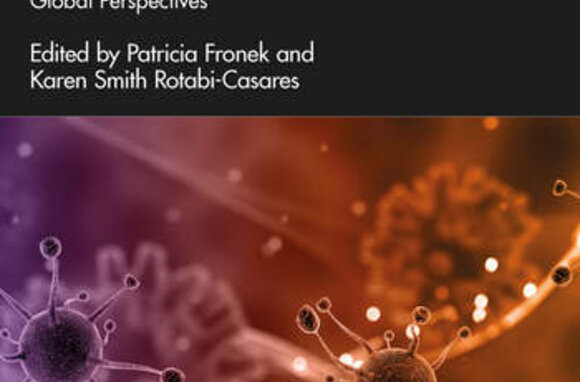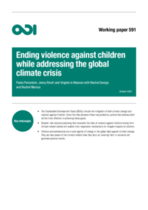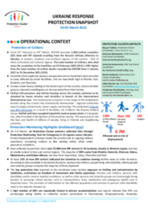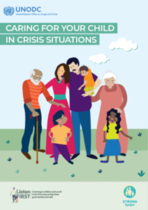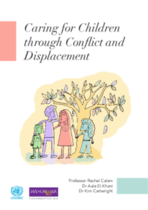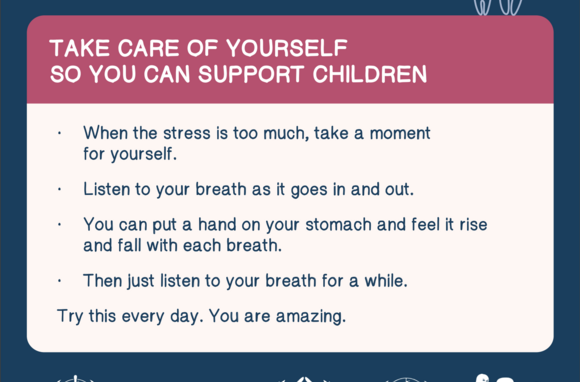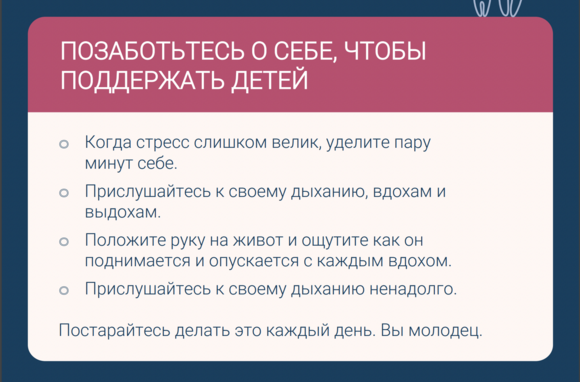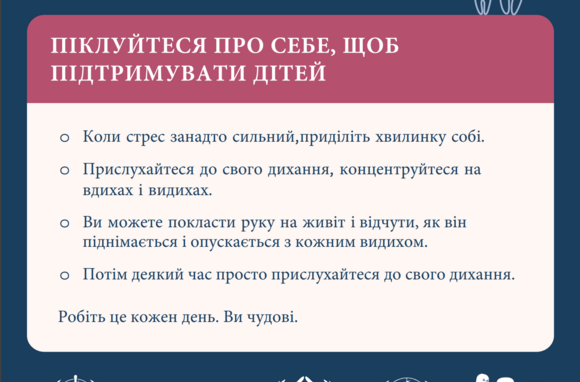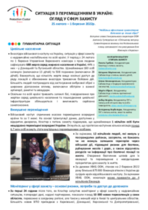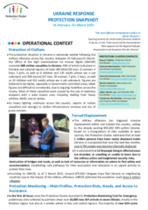Social Work in Health Emergencies: Global Perspectives
This is the first comprehensive book that provides accessible, international knowledge for practitioners, students and academics about social work in health emergencies and spans fields of practice across world regions with particular reference to the COVID-19 pandemic. The book is relevant to a wide range of audiences, including practitioners, educators and students in social work, human services, international development and public health, as well as policy makers and researchers.

